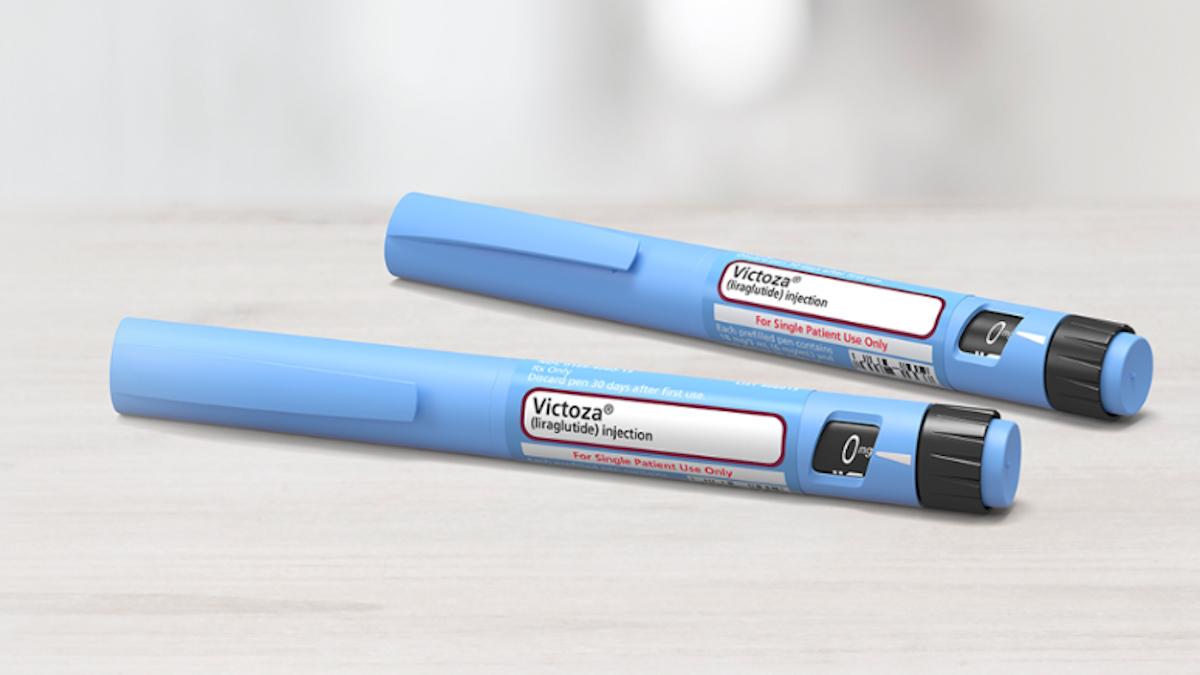Novo Nordisk asks FDA not to allow GLP-1 compounding

Novo Nordisk has filed another Citizen's Petition with the FDA seeking to block compounding pharmacies in the US from making versions of one of its GLP-1 agonist drugs.
The latest attempt focuses on liraglutide, an older, once-daily injectable product in Novo Nordisk's GLP-1 agonist franchise sold as Victoza and Xultophy for diabetes and Saxenda for obesity.
While Victoza sales are falling as patients switch to newer, once-weekly drugs like semaglutide-based Ozempic and Wegovy – used for diabetes and obesity – the once-daily product still made more than $550 million in sales in the first nine months of 2024.
In its petition, Novo Nordisk says that the Outsourcing Facilities Association (OFA), a trade organisation representing the compounding pharmacy industry, has incorrectly nominated liraglutide on the list of bulk substances with a "clinical need" to compound – for example, if there is a shortage in the marketplace.
Some dosage strengths of both Victoza and Saxenda are included on the FDA's shortages list, mainly due to pressures on Novo Nordisk's production capacity for its entire GLP-1 franchise, but the company insists that this does not satisfy the requirements for compounding.
It argues that because generics of liraglutide are already available – specifically, Teva's authorised generic version of the drug, which launched in the middle of last year – there is "no liraglutide attribute that must be addressed by compounding."
Moreover, Novo Nordisk also claims that it is difficult to manufacture liraglutide and "even small changes in the manufacturing process of liraglutide can substantially affect its chemical and physical stability, as well as its impurity profile," and this means that there could be safety concerns with compounding.
"The impurity profiles and, in particular, the evidence of fibril formation in the unapproved 'liraglutide' products raise significant immunogenicity risks and pose serious threats to patients' health," according to the petition. The formation of fibrils can also result in products with lower strengths than expected or indicated on the label, it says.
Novo Nordisk made a similar case for semaglutide in a petition to the regulator last year, seeking to put the drug on an FDA list of compounds deemed to be difficult to compound, but has so far been unsuccessful.
The new move comes as Eli Lilly has also taken action against compounders making copies of tirzepatide, its GLP-1 and GIP agonist sold as Mounjaro for diabetes and Zepbound for obesity in the US.
Lilly has filed to lend its support to the FDA in a lawsuit filed against the agency by the OFA and FarmaKeio Custom Compounding, which are challenging a decision to remove tirzepatide from the shortages list and bring an end to compounding of the drug.
As it stands, pharmacies and outsourcing facilities are required to wind down production of tirzepatide by 18th February and 19th March, respectively.
Lilly has also argued that the presence of compounded products in the supply chain makes it harder for patients to ensure they buy a legally produced version, as the market has been flooded with illicit copies.
"Sometimes these knockoff medicines – which come from places like China and India – are sold by entities that cannot even legally sell them in their own countries," said Patrik Jonsson, president of Lily USA.












